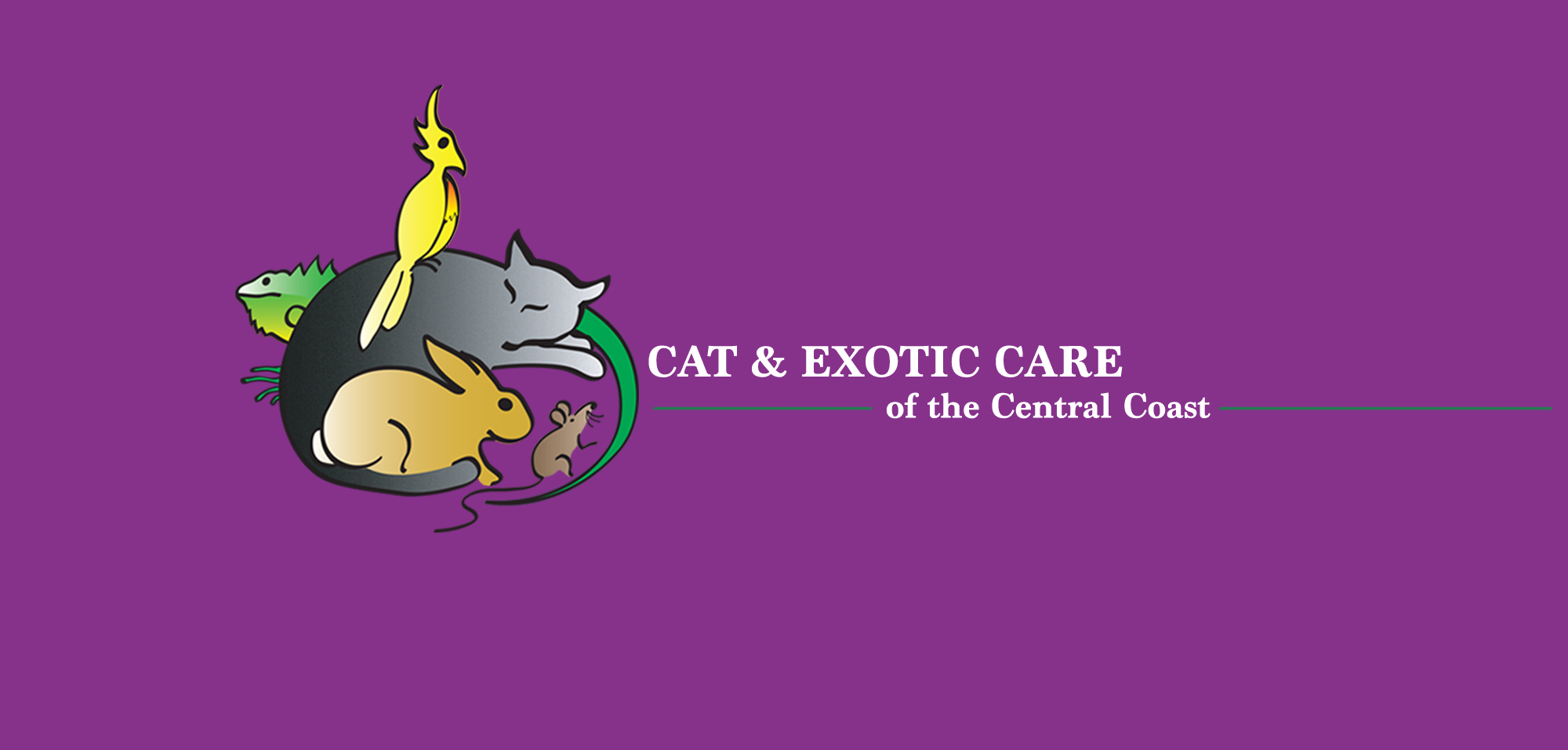I am wondering how to decide how to choose the best pet store to purchase a pet for my child? Do you have a preference?
Choosing the right pet store can be as important as choosing the right pet. The management of the store will greatly impact the health of the pets that they sell. A good store management team will select higher quality pet sources (the pet suppliers to the store), implement sound quarantine protocols (to prevent spreading any infectious diseases), and house the pets in an appropriate way. Typically these store protocols are designed with the help of a knowledgeable veterinarian. Additionally, I expect to see high quality and appropriate diets, toys, and other pet gear sold at a good pet store.
How can you determine this on your own?
First, research the pet that you are interested in. The internet has a wealth of information, some current and some way out-of-date. As a general rule, if you are seeing the same information on several reputable sites, it is likely to be accurate. Books and magazines also contain reams of information on specific species’ care, but it is still important to corroborate your research and make sure the source is not outdated. Many other sources, from pet breeders to pet shop employees may also provide a wealth of experience, but again, this should never take the place of a good literature search. Finally, your local veterinarian should be able to provide you with current information, or point you in the direction of a colleague who can help. Once you understand how a particular pet species should be kept, it will be easier for you to evaluate any particular store on how they manage that species.
Here are some signs of a quality pet store:
– The cages/pet environments are clean, hygienic and easy to clean.
– The pets look alert, responsive and energetic.
– Healthy and appropriate diets, toys and other care necessities are sold within the store.
– The store employees a knowledgeable staff.
– The store has a working relationship with a veterinarian who can help with preventative medicine as well as emergency situations for all of the species that they sell.
– Sick pets are isolated from healthy pets.
– A quarantine program exists to prevent the introduction of illness from newly arriving pets.
– Multiple species are not housed together.
– The pets are being fed appropriate diets.
One of my employees recently entered a pet store and observed many sickly pets, including two dead birds at the bottom of a cage. If you encounter this type of situation, your altruistic instinct may be to “rescue” the sick animals by purchasing them from the store. Giving your business to a store such as this rewards their neglect and allows them to stay in business and continue with their poor management. You will make more of an impact by reporting the problem to the local animal services department so that the conduct will be investigated and hopefully rectified. Instead of benefiting a single pet, your actions may save many.
If you have a veterinary question that you would like to propose for an upcoming edition, please send it to email@catandexoticcare.com with “ask the vet” in the subject line.
Max Conn, DVM is the owner of Cat & Exotic Care of the Central Coast, a full-service veterinary hospital dedicated to the special needs of cats, birds, reptiles and small mammals. Cat & Exotic Care is located in Pismo Coast Plaza, 565 Five Cities Drive, 805-773-0228. More information can be found at www.catandexoticcare.com.
Disclaimer: The informational handouts and website links above are for informational purposes only, they are not intended to replace veterinary care.
